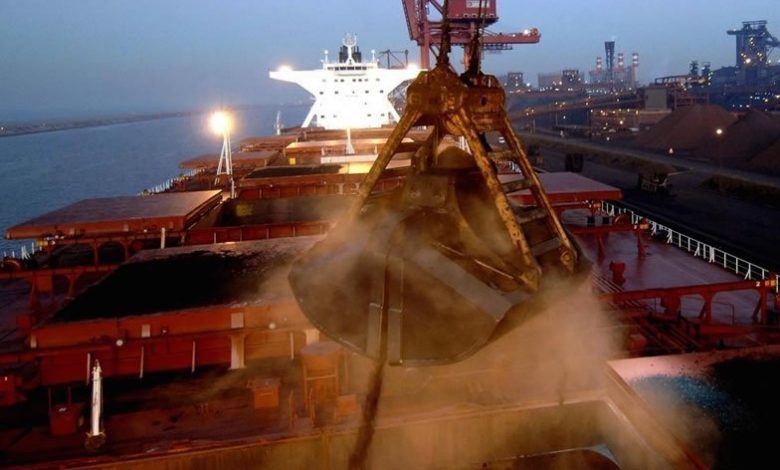Norwegian students make machine learning algorithm breakthrough, beating the cape markets by 10%

Just how much machine learning algorithms can deliver to capesize earnings has been quantified in a landmark new piece of research from Bergen.
For their master thesis two students at the Norwegian School of Economics, Herman Bomholt and Torsten Thune, deployed machine learning algorithms to simulate the cape markets over the 2017 to 2019 period with the results proving to be about 10% or $1,700 higher per day per vessel than the benchmark Baltic time charter average. The study captured about two thirds of the theoretical maximum potential from optimising the Asia – Australia/Brazil trip sequencing. Importantly, the research did not make use of either AIS or fixture data. It did include various commodity, foreign exchange and other macro data.

Full details of the study are to be released later this year and will be read with extreme interest both by shipowners and rival start-ups with their own chartering platforms.
Commenting on LinkedIn, Dr Roar Adland, professor of shipping at the Norwegian School of Economics, said the breakthrough was proof that academic groups can be at the forefront of innovation at a much lower cost base than any commercial solutions.
Commenting on social media, Joram Potoker, a lecturer at the Copenhagen Business Collage, wrote: “This method will, if correct, increase market efficiency of shipping transportation.”
The next issue of Splash Extra – due out on June 24 – carries the first press interview with the two students in which they provide more details about their research. To subscribe, click here.
The news comes a day after the latest Maritime CEO Tech Leader Series episode aired, looking specifically at how technology could change the business of chartering. The programme, sponsored by Dualog, featured a shipowner, two start-ups and a maritime futurist with a key takeaway being that access to data will be essential to make decisions and improve a shipping’s organisation’s competitive edge.
The video is carried below.
